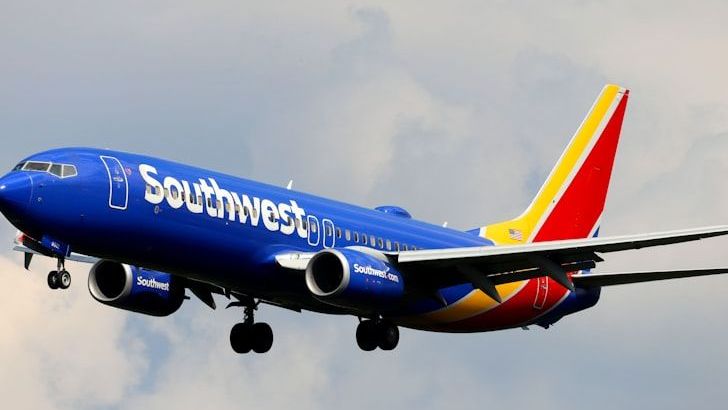Southwest’s Policy Shift
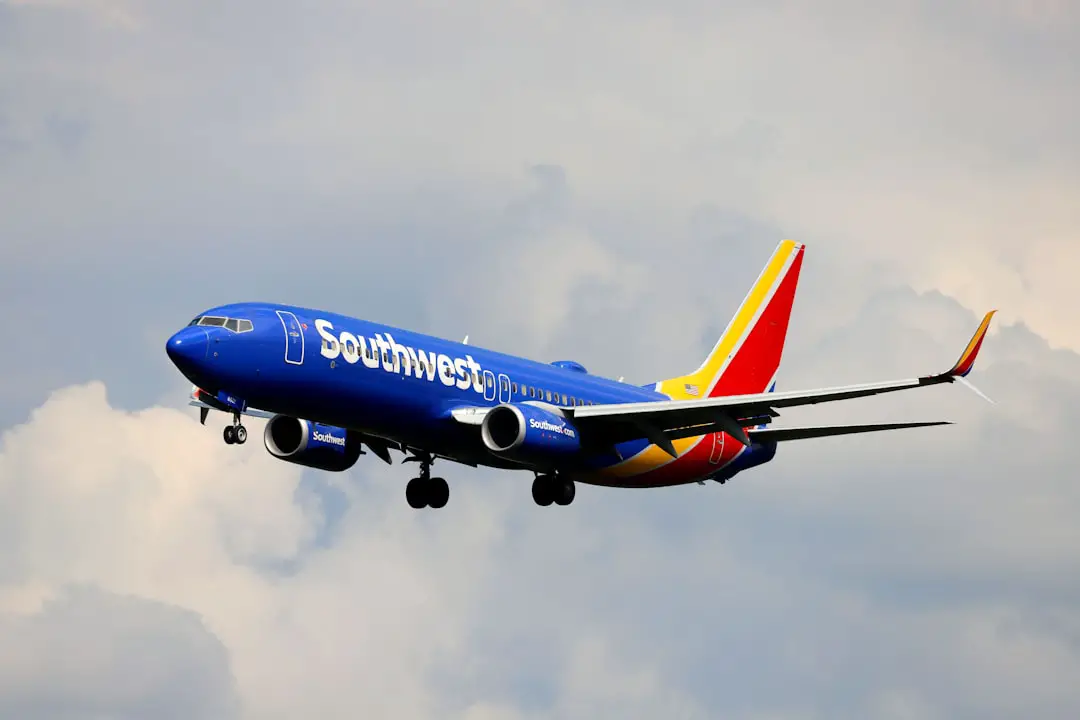
Southwest Airlines recently announced changes to its long-standing refund system for plus-size travelers who purchase an additional seat. Starting January 27, refunds will only be granted under stricter conditions, leaving many passengers concerned about fairness and accessibility.
New Conditions for Refunds
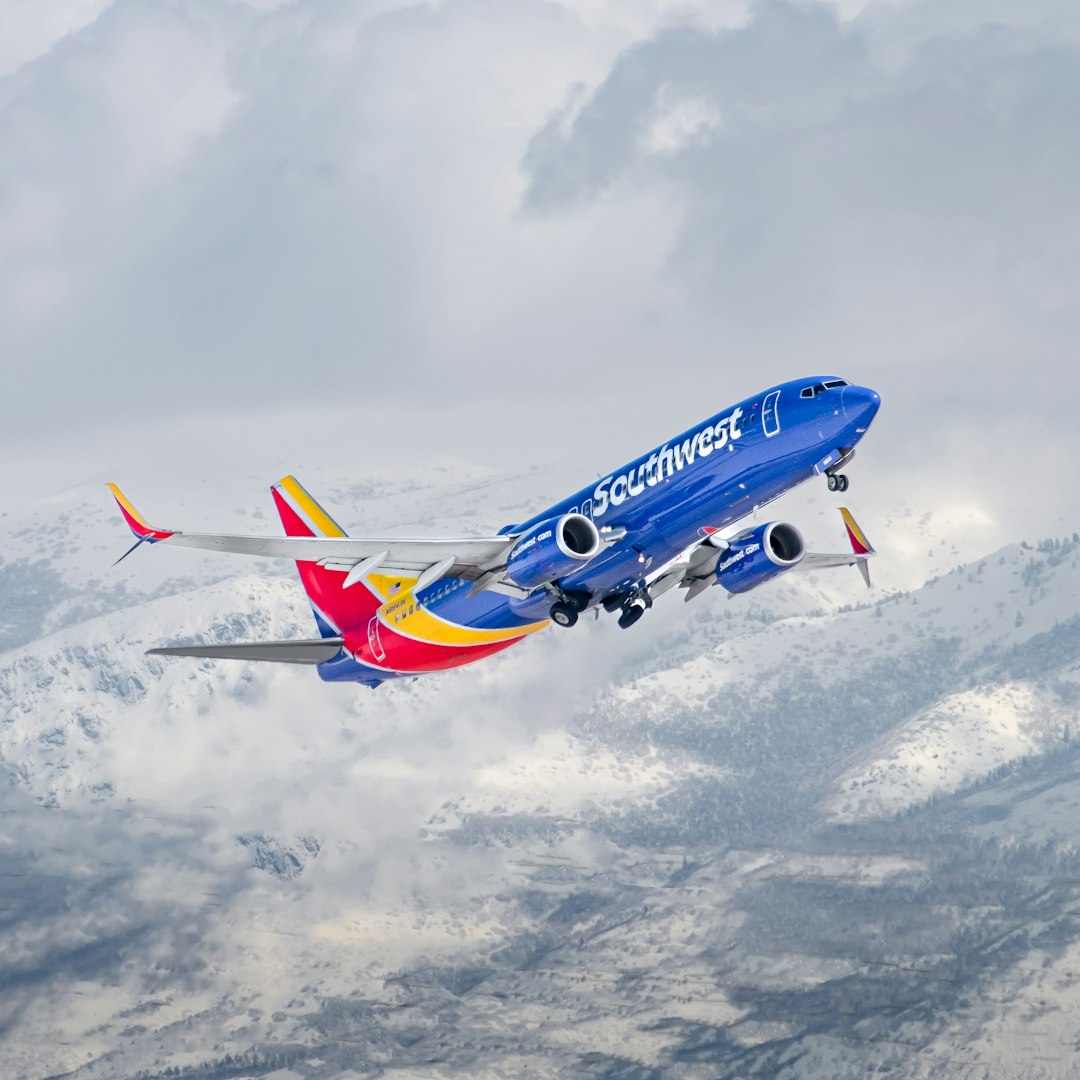
The revised policy requires that both seats be purchased in the same fare class, that at least one seat remains empty on the flight, and that refund requests are submitted within 90 days. Previously, refunds were easier to secure without such restrictive measures.
Why This Matters
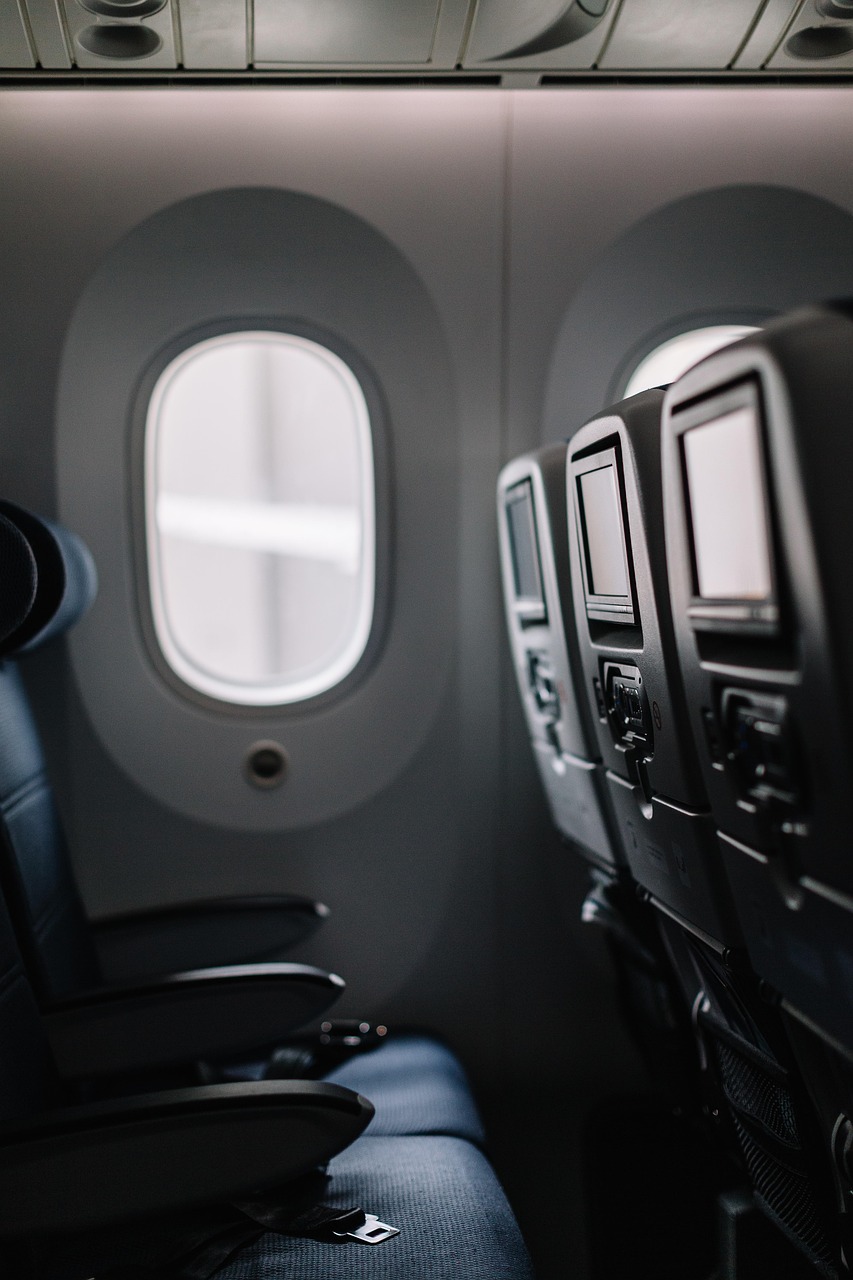
For plus-size passengers, airline seating is more than just comfort – it’s about safety and dignity. Advocates argue that tighter restrictions risk discouraging travel for people who already face significant challenges when flying.
Voices from Advocacy Groups
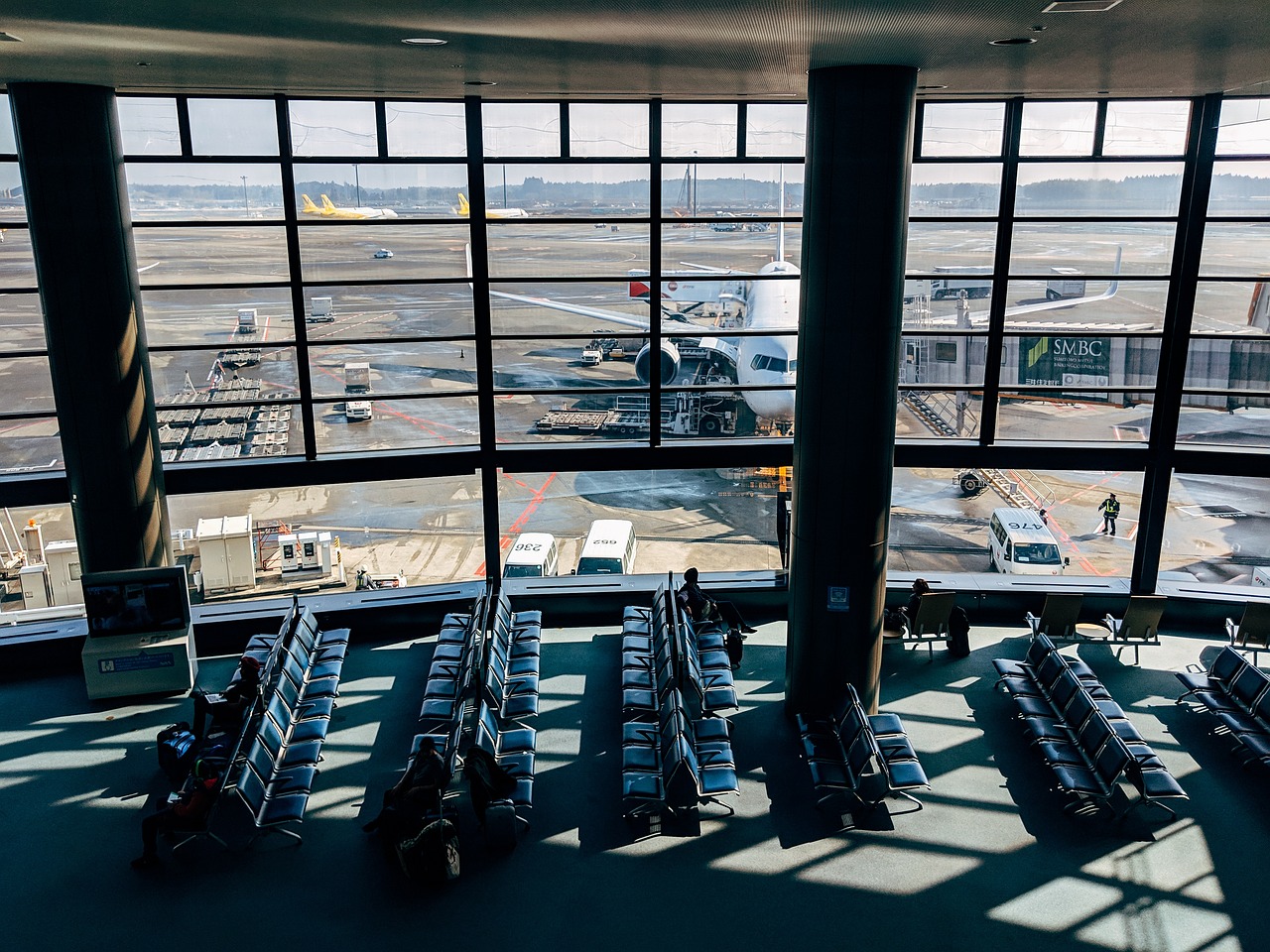
Tigress Osborn, leader of the National Association to Advance Fat Acceptance, emphasized that even small adjustments in space make a major difference for passengers and their neighbors. She argued that these policies benefit everyone, not just plus-size travelers.
The Anxiety of Flying Larger
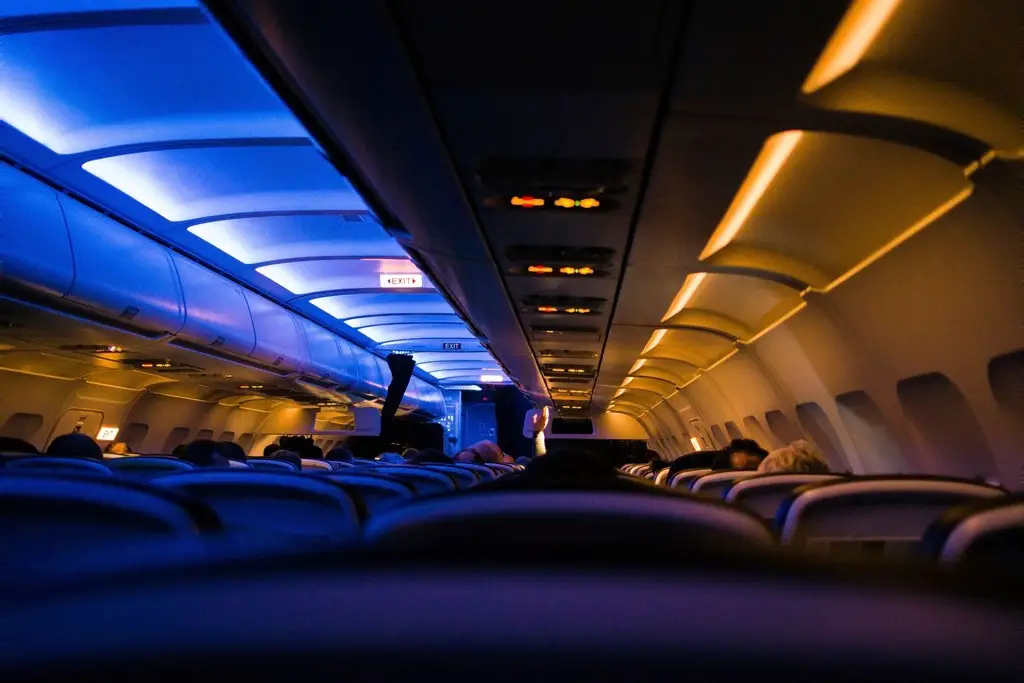
Travel blogger Jeff Jenkins highlighted the deep anxiety many plus-size passengers feel when boarding flights. He acknowledged that while Southwest remains more generous than its competitors, the added barriers still contribute to stress and uncertainty.
Southwest Still Ahead of Competitors
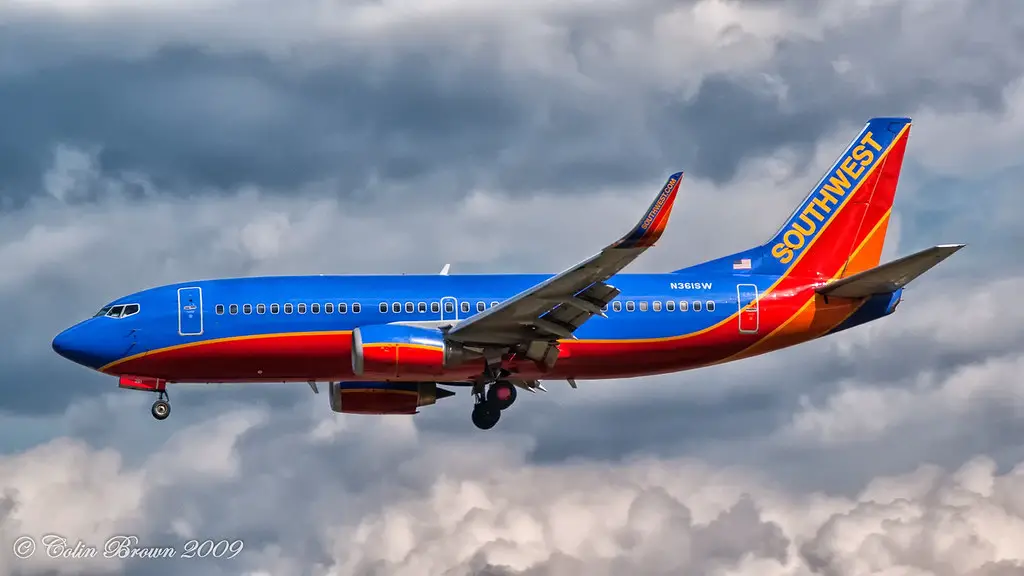
Despite the changes, experts agree that Southwest continues to lead the industry in accommodating larger travelers. Jenkins noted that while he was disappointed by the new rules, the airline still provides more support than American, Delta, or United.
How Other Airlines Compare
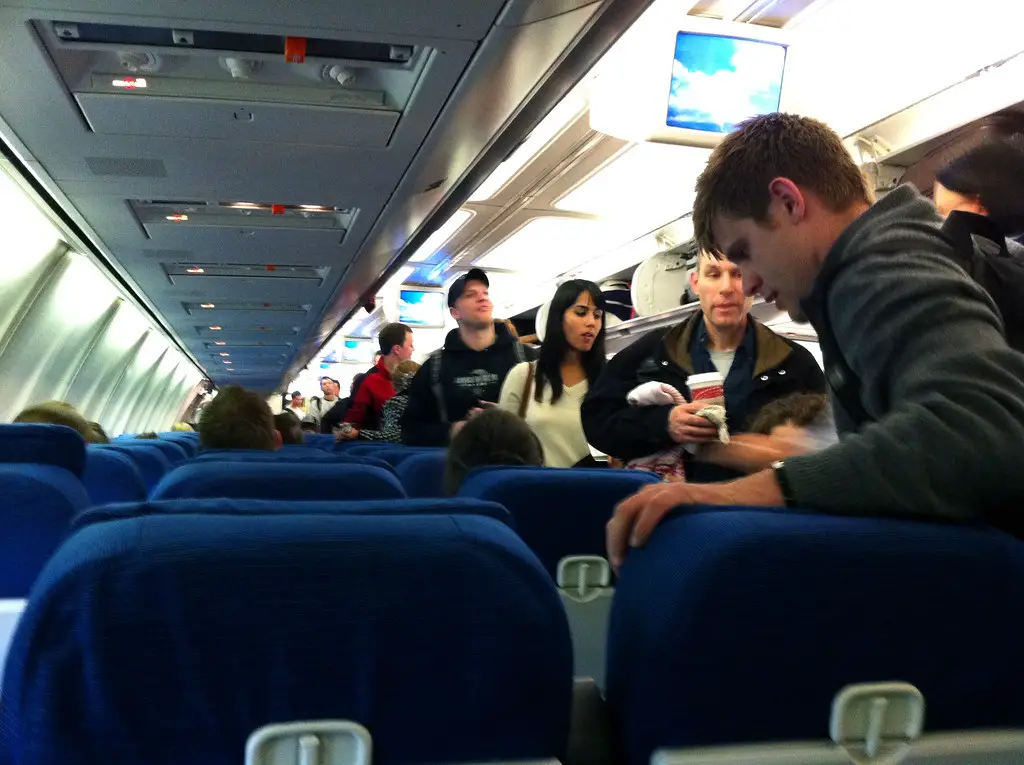
American and Delta both require travelers to purchase extra seats at the time of booking to secure consistent pricing, while United suggests booking premium cabins or additional seats in advance. In many cases, travelers risk rebooking or added costs if seats aren’t available.
Strategies for Smoother Travel
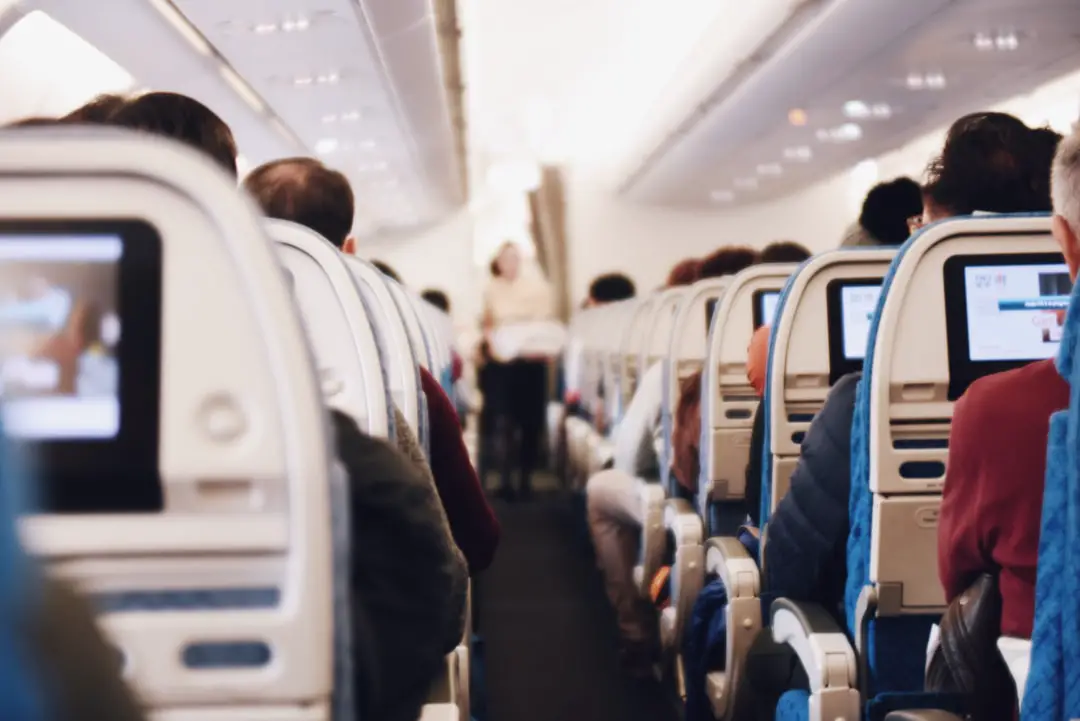
Advocates encourage plus-size travelers to research seat dimensions on sites like SeatGuru or aeroLOPA, and to budget for extra seating when necessary. Some opt for business or first class to avoid uncertainty, though that option isn’t realistic for everyone.
Problems with Enforcement
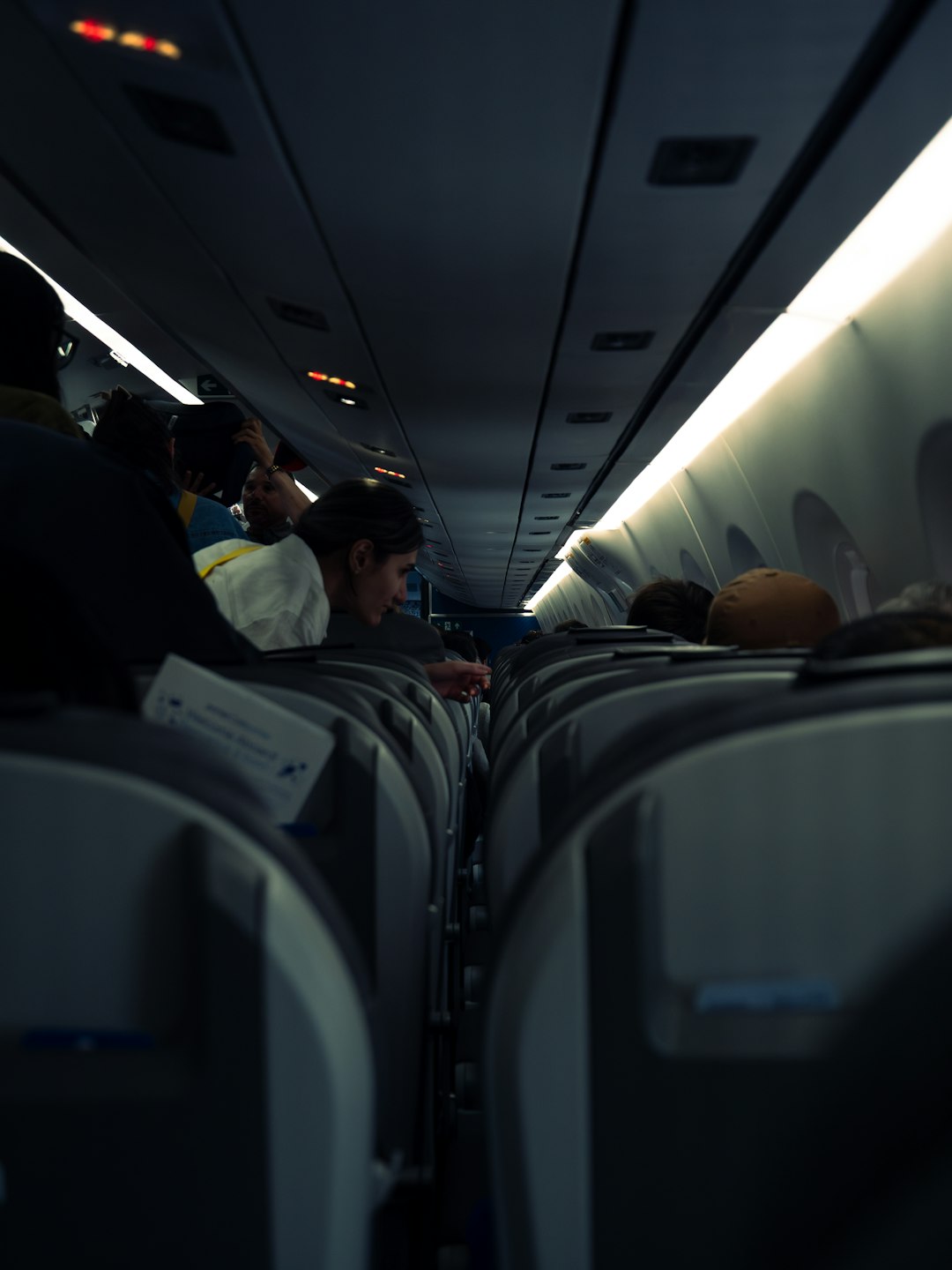
Even when travelers pay for a second seat, airlines don’t always guarantee it will remain available. Osborn recalled instances where her purchased extra seat was reassigned without refund, leaving her frustrated and unsupported.
A Call for Change
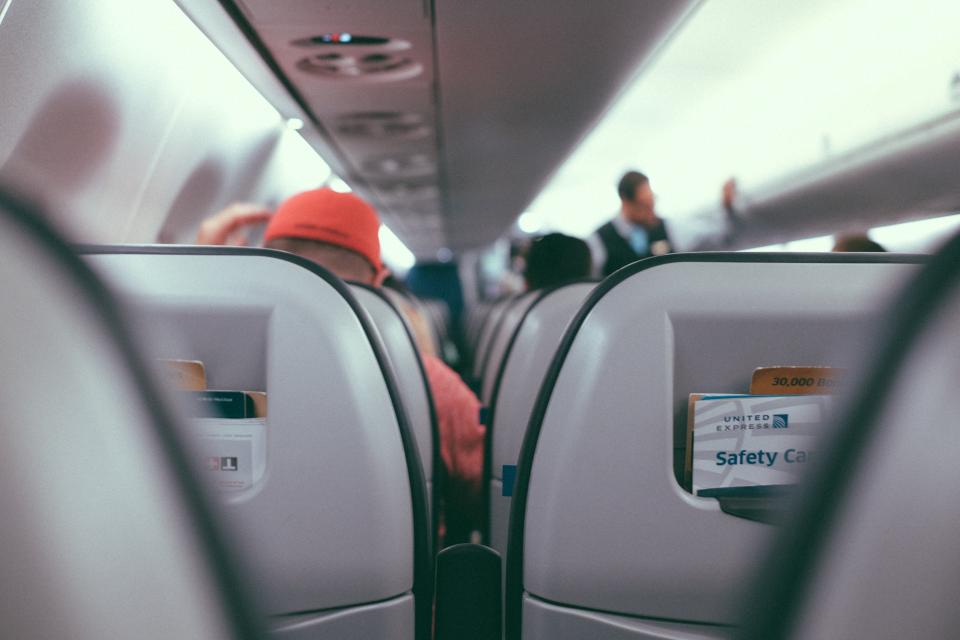
Both Jenkins and Osborn stressed that airlines should improve their policies and that fellow passengers should show empathy. For plus-size travelers, respect and thoughtful accommodation can transform flying from a stressful ordeal into an inclusive experience.

